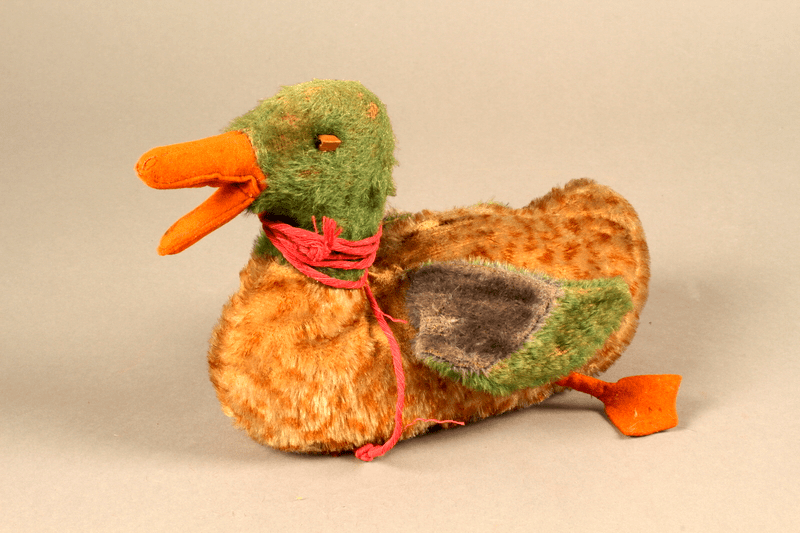
Jewish children were among the Nazis’ most vulnerable victims. For many such victims, their persecution began before they were able to fully grasp the perils they faced and take action based on informed decisions. As a result, children often had to rely on decisions taken for them by guardians or organizations established to help them flee to safety. Countless children perished in the Holocaust.
The documents made available here detail what life was like for children in the German Reich in the early years of the Nazi regime. They also illustrate the various efforts to help child refugees reach Britain through the Kindertransport or get to safety elsewhere with the assistance of aid committees in places such as occupied Belgium and France.
